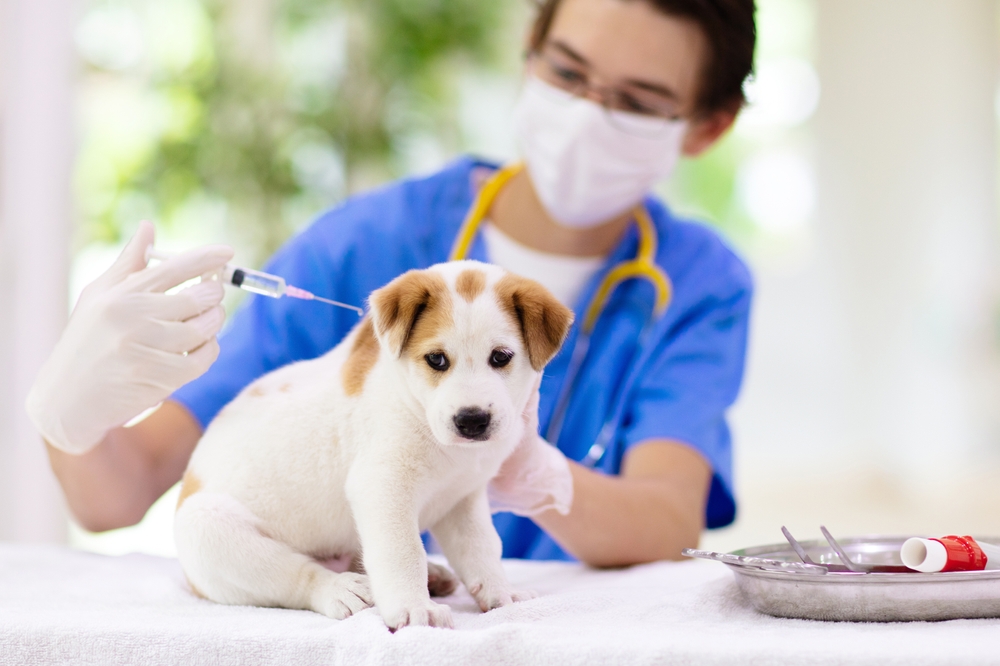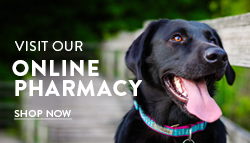Blog

A proper vaccination schedule is essential to protect your puppy from dangerous diseases and to ensure they grow into a healthy, happy adult dog. At Bergen County Veterinary Center, we understand that navigating your puppy’s first year of care can be overwhelming. Here’s a helpful timeline outlining when your puppy should receive key vaccines during their first year.
First Round of Core Vaccines
At around 6 to 8 weeks of age, your puppy should begin their core vaccination series. While they may still carry some maternal antibodies, this is the ideal time to start building their own immune defenses. The first veterinary visit typically includes vaccinations for distemper, parvovirus, adenovirus (hepatitis), and parainfluenza. These are often administered as a single combination vaccine known as DHPP or DA2PP. During this visit, your veterinarian will also perform a general health check and may recommend deworming treatment to address any internal parasites.
Booster Shots and Optional Vaccines
When your puppy reaches 10 to 12 weeks of age, it’s time for their second round of core vaccines to continue building strong immunity. This visit usually includes a DHPP/DA2PP booster. Depending on your puppy’s environment and lifestyle, your veterinarian may also recommend optional vaccines such as leptospirosis (particularly for dogs exposed to wildlife or standing water) and Bordetella, which helps protect against kennel cough and is commonly required for puppies attending daycare or group training sessions.
Final Core Boosters and Rabies
Between 14 and 16 weeks of age, your puppy will receive their final round of core vaccine boosters, including the last DHPP/DA2PP shot. This is also when they will receive their first rabies vaccination, which is required by law in many states. The rabies vaccine is critical not only for your puppy’s protection but also for public health, as it helps prevent the spread of this deadly virus to other animals and humans.
First Annual Boosters
As your puppy approaches their first birthday, they will need their first set of annual booster shots. These typically include a DHPP/DA2PP booster and a rabies booster to ensure continued immunity. Depending on your dog’s lifestyle and risk factors, your veterinarian may also recommend additional vaccinations such as leptospirosis, Bordetella, or Lyme disease. This is also a good time to complete a fecal exam, begin or continue heartworm testing, and review ongoing flea and tick prevention strategies to keep your dog protected year-round.
Other Considerations
- Heartworm prevention should begin as early as 8 weeks old.
- Flea and tick prevention should also be discussed early, especially in warmer months or wooded areas.
- Keep in mind that your puppy isn't fully protected until a few weeks after completing their full vaccine series—avoid dog parks or high-risk areas until then.
Get Started at Bergen County Veterinary Center
Vaccinating your puppy on schedule during their first year is one of the most important things you can do to ensure a healthy start to life. It not only protects them from serious illnesses but also builds the foundation for lifelong wellness.
Book your puppy’s first wellness exam at Bergen County Veterinary Center for personalized vaccine schedule. Visit our office in Waldwick, New Jersey, or call (201) 205-2500 today.






